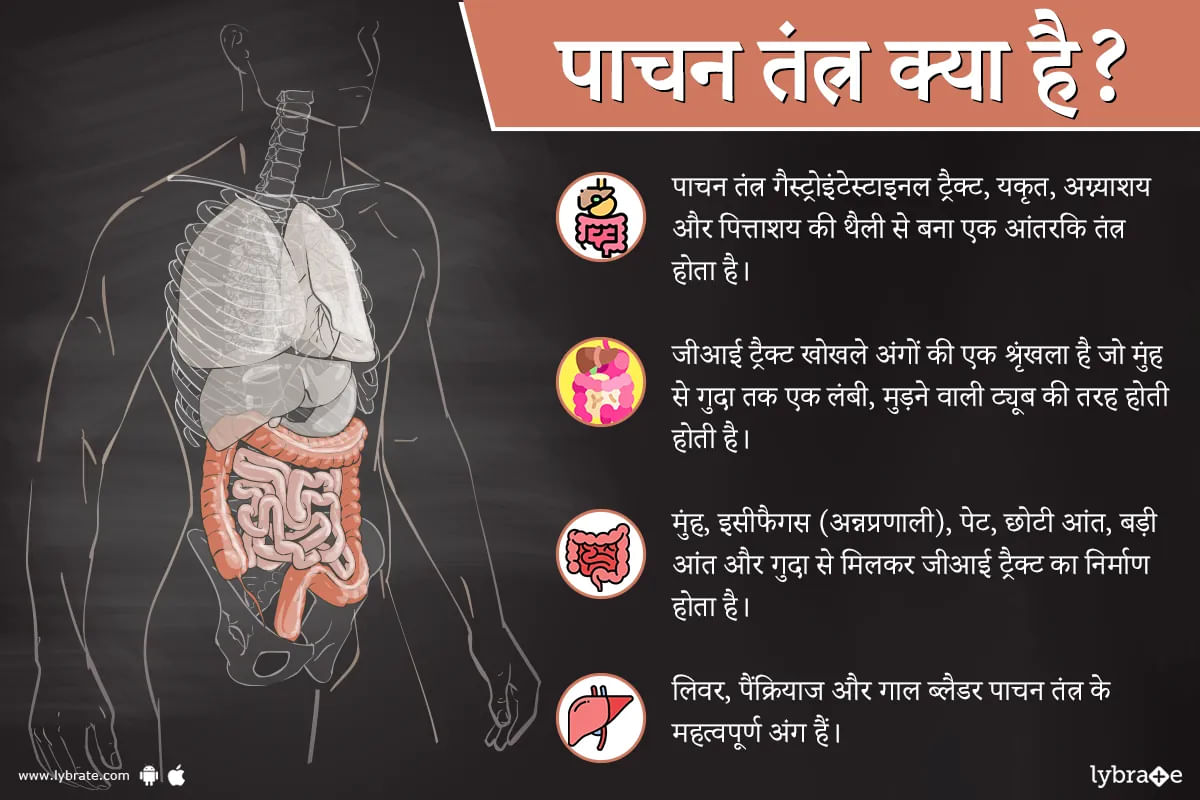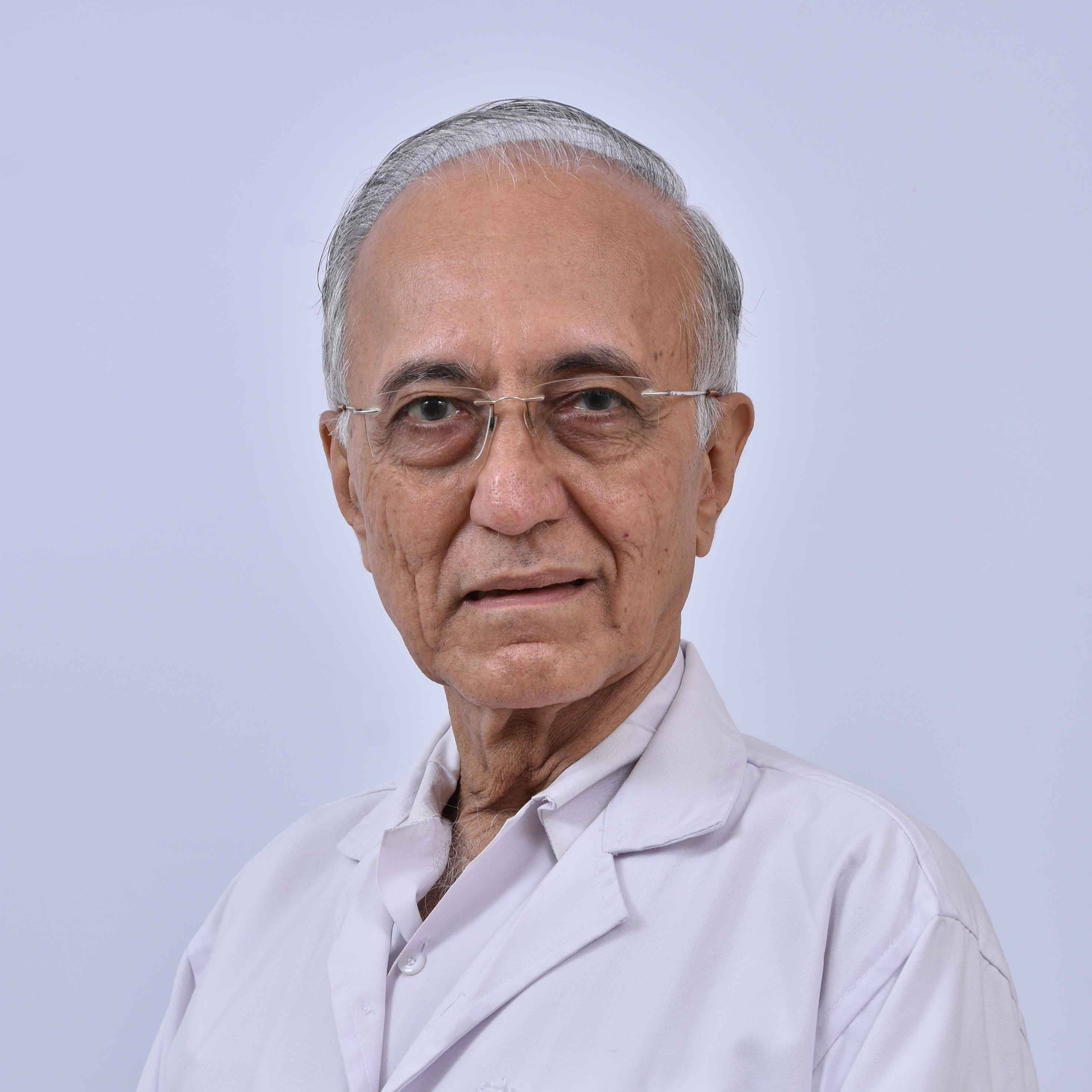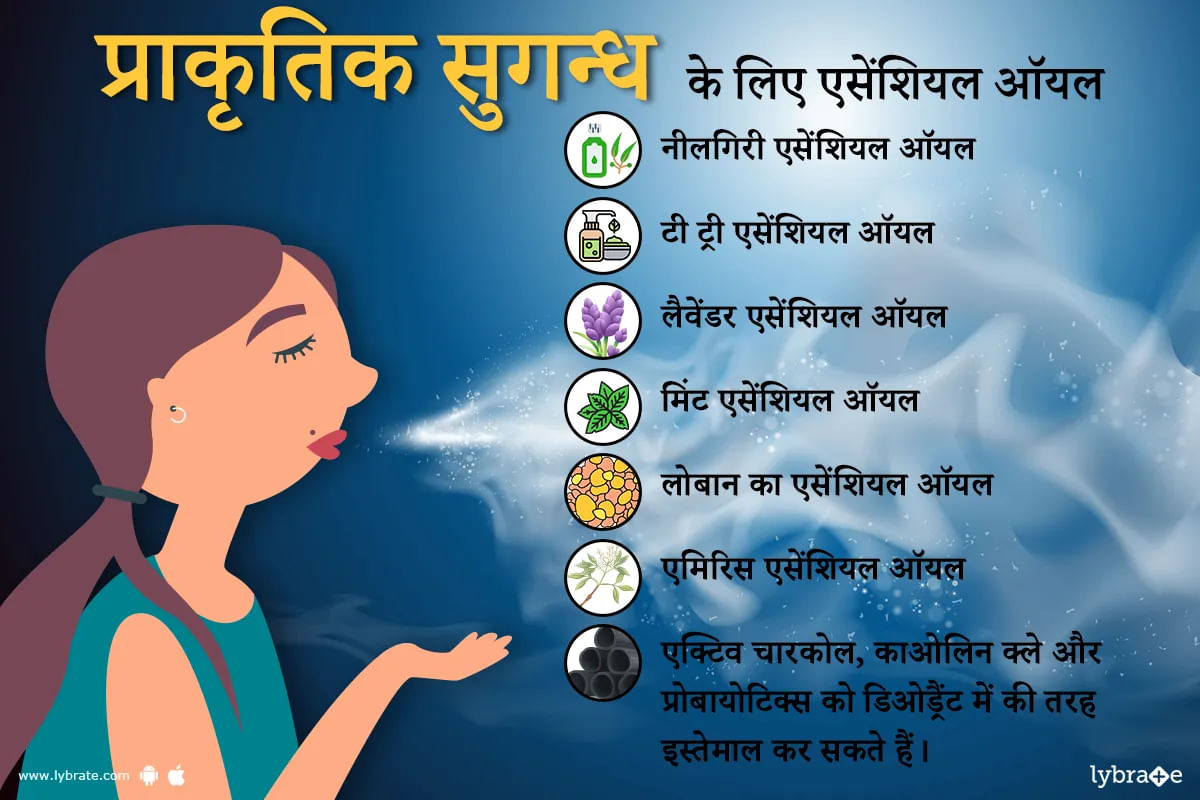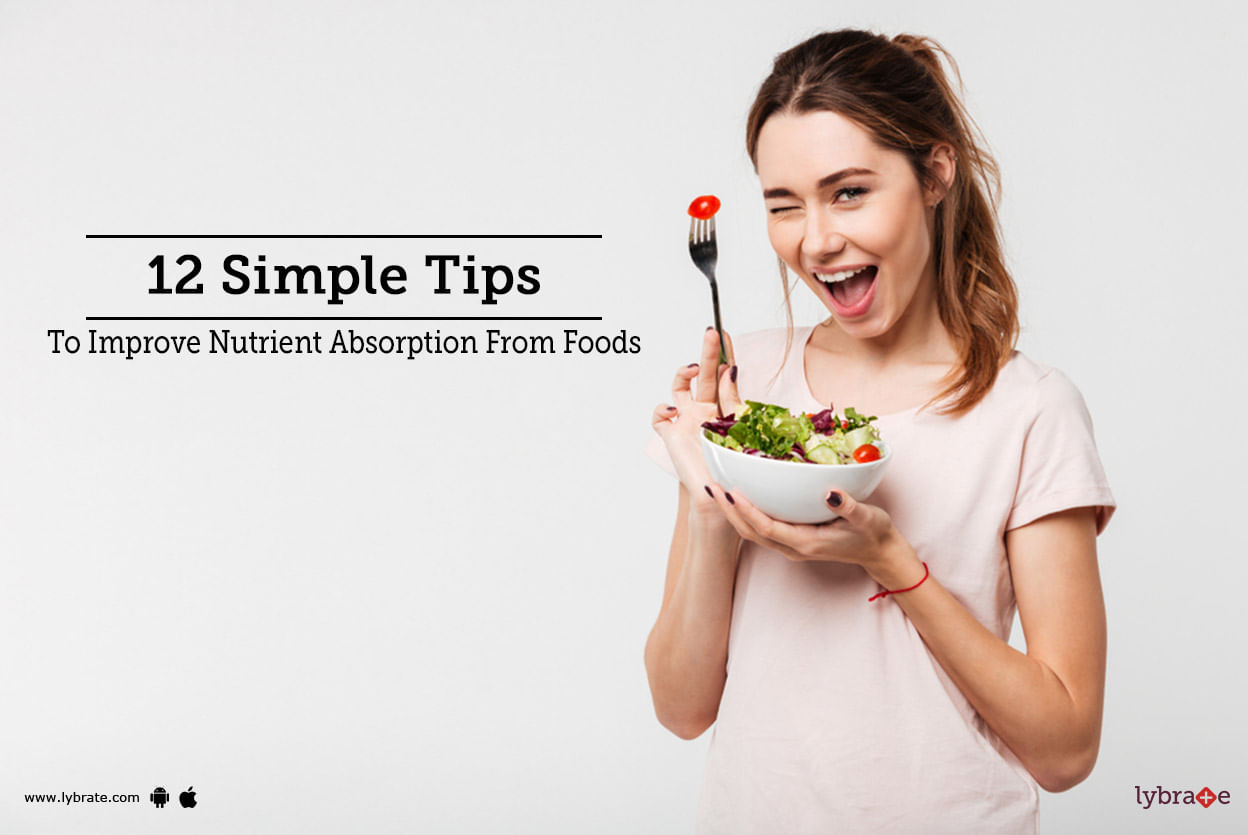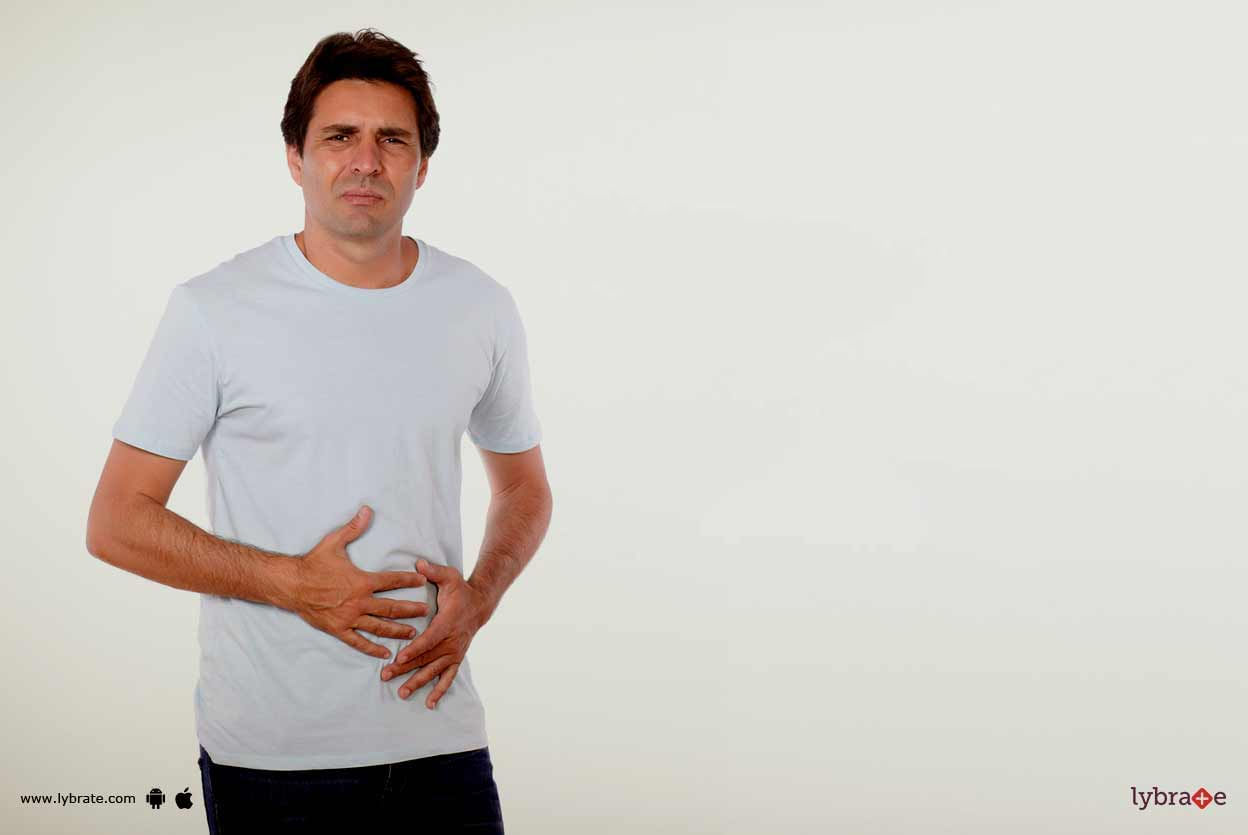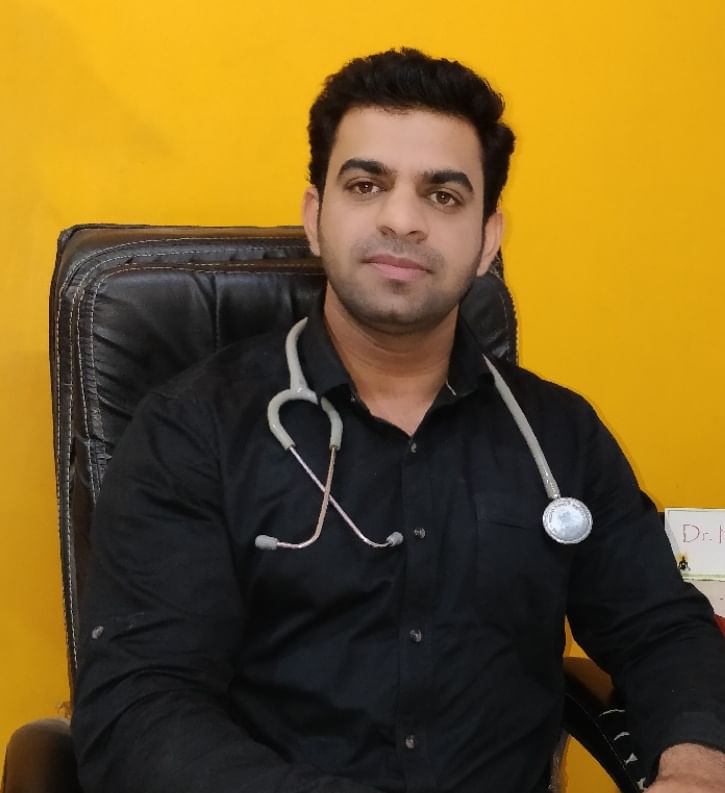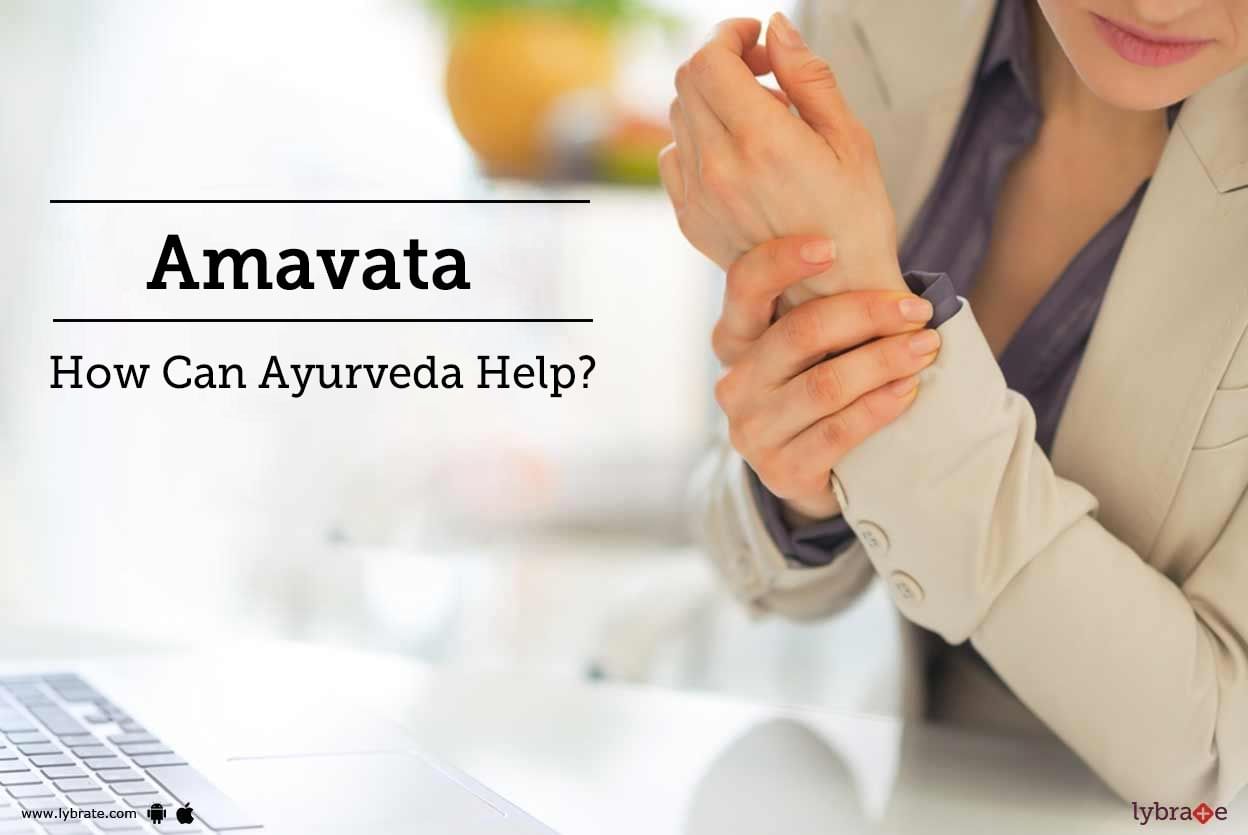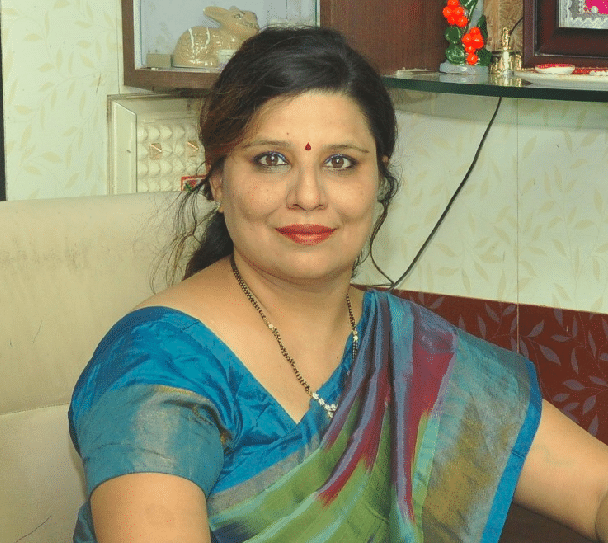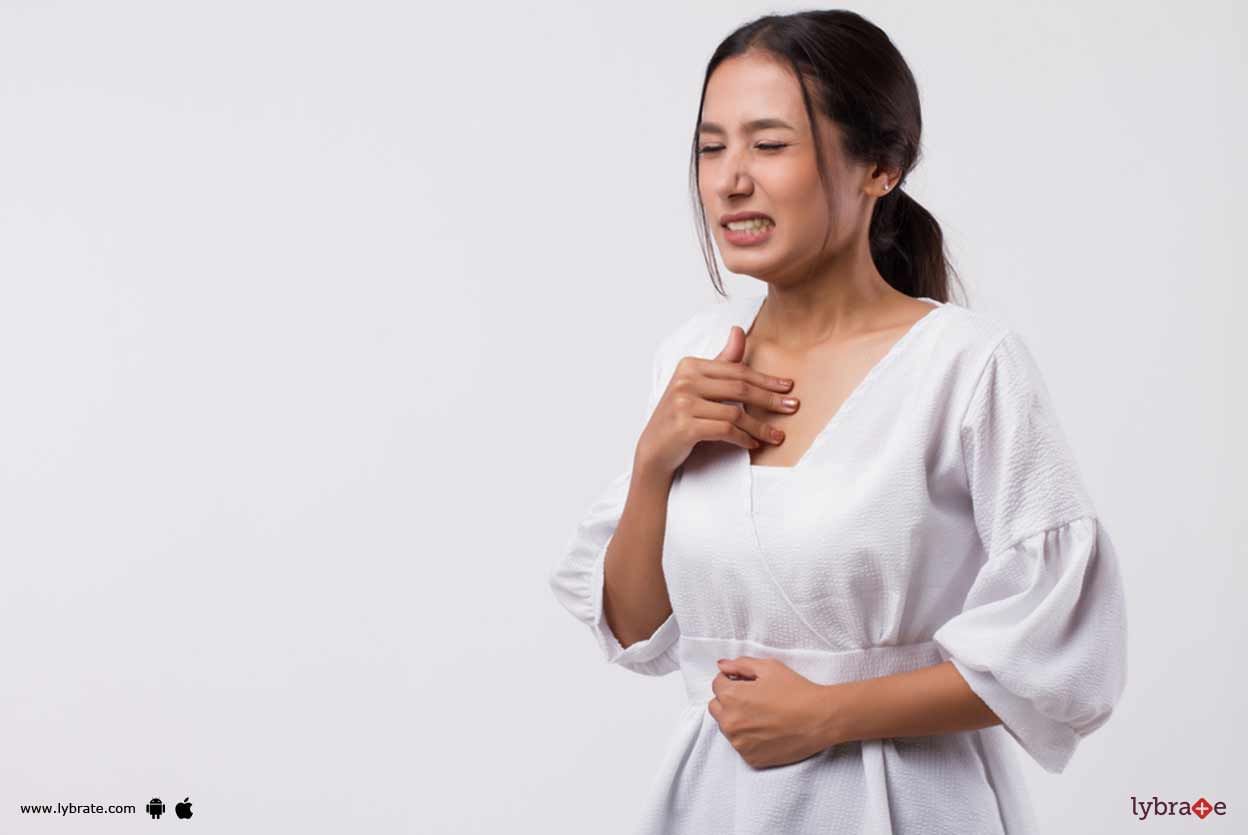Get the App
For Doctors
Login/Sign-up
About
Health Feed
Find Doctors
Health Packages
AllQ&AsTipsQuizzes
Digestive Disorders Tips
Last Updated: 3 years ago• Featured Tip
Share
Bookmark
Report
पाचन तंत्र गैस्ट्रोइंटेस्टाइनल ट्रैक्ट (जीआई पथ या पाचन पथ) और यकृत, अग्न्याशय और पित्ताशय की थैली से बना होता है। जीआई पथ खोखले अंगों की एक श्रृंखला है जो मुंह से गुदा तक एक लंबी, मुड़ने वाली ट्यूब में शामिल होती है। जीआई पथ बनाने वाले खोखले अंग मुंह, इसीफैगस (अन्नप्रणाली), पेट, छोटी आंत, बड़ी आंत और गुदा हैं। लिवर, पैंक्रियाज और गाल ब्लैडर पाचन तंत्र के ठोस अंग हैं।
छोटी आंत के तीन भाग होते हैं। पहले भाग को डुओडेनम कहा जाता है। इसके बाद जेजुनम बीच में है और इलियम अंत में है। बड़ी आंत...more
छोटी आंत के तीन भाग होते हैं। पहले भाग को डुओडेनम कहा जाता है। इसके बाद जेजुनम बीच में है और इलियम अंत में है। बड़ी आंत...more
2528 people found this helpful
Last Updated: 3 years ago• Featured Tip
Share
Bookmark
Report
Our digestive system is essentially made up of a group of organs. These organs work together in order to break down the food and liquids we consume into simpler forms.
The separated nutrients, such as carbohydrates, fats, vitamins, and proteins, then reach the small intestine and, therefrom, into the bloodstream. These nutrients, which are directly derived from the food we eat, further provide us with energy to help our bodies grow and repair.
Furthermore, t...more
Last Updated: 3 years ago• Featured Tip
Share
Bookmark
Report
प्राकृतिक पाचक एंजाइम ऐसे पाचक एंजाइम हैं जो प्राकृतिक रूप से खाद्य पदार्थों में पाए जाते हैं। इन खाद्य पदार्थों ये पाचक एंजाइमों भरपूर मात्रा में होते हैं। ये एंजाइम भोजन को पोषक तत्वों में तोड़ने में मदद करते हैं जिन्हें आसानी से अवशोषित किया जा सकता है। पाचन एंजाइम उन खाद्य पदार्थों के पाचन में मदद करते हैं जिन्हें आसानी से पचाया नहीं जा सकता।
भोजन में मौजूद प्राकृतिक पाचक एंजाइम पाचन संबंधी समस्याओं को भी कम करते हैं। आपका पाचन आपके स्वास्थ्य और आपके शरीर की भलाई के लिए अत्यंत महत्व...more
भोजन में मौजूद प्राकृतिक पाचक एंजाइम पाचन संबंधी समस्याओं को भी कम करते हैं। आपका पाचन आपके स्वास्थ्य और आपके शरीर की भलाई के लिए अत्यंत महत्व...more
Last Updated: 3 years ago• Featured Tip
Share
Bookmark
Report
Whether you're feasting or merely having a quick afternoon snack, you want your meals to be properly digested. And the truth is, the better our gastrointestinal system works, the better we process mentally, physically and spiritually. We have created a list of drinks that will help you in better digestion and weight loss at the same time. Consider including one or more of the healthy beverages listed below in your diet to boost your digestive health.
Kombucha
;...more
Kombucha
;...more
751 people found this helpful
Last Updated: 3 years ago• Featured Tip
Share
Bookmark
Report
Nutrient absorption is synonymous with" digestion" or a fancy term used for the same. However, what is more important for you to know is how your body absorbs each nutrient in order to maintain your overall good health. The first condition of excellent nutrient absorption is a healthy gut with good bacteria.
In this article, we aim to discuss how you can have a healthy gut and better digestion. So, don t miss out on reading it if you look forward to having excellent overall health. Go t...more
In this article, we aim to discuss how you can have a healthy gut and better digestion. So, don t miss out on reading it if you look forward to having excellent overall health. Go t...more
Last Updated: 5 years ago• Featured Tip
Share
Bookmark
Report
Whether you eat to live or live to eat, everyone suffers from a gastrointestinal tract infection at some point or the other. This can range from acidity and mild indigestion to diarrhoea and stomach ulcers. Digestive problems can make day to day life uncomfortable and in some cases become embarrassing as well. Thankfully, most gastrointestinal tract infections can be treated and cured easily.
Stomach and digestive problems spare no person. At times, the stomach disorder is of a short du...more
Stomach and digestive problems spare no person. At times, the stomach disorder is of a short du...more
Last Updated: 5 years ago• Featured Tip
Share
Bookmark
Report
Gallstones are bits of solid material that may be formed in the gall bladder. The gallbladder is a little organ located under the liver. You won't not know you have them until they've block your bile duct, causing pain that will need immediate medical intervention, and even hospitalisation in some cases.They may comprise of cholesterol, salt, or bilirubin, which consists of red platelets. Gallstones vary in size. They can be as little as a grain of sand or as even the size of an apricot in many ...more
Last Updated: 5 years ago• Featured Tip
Share
Bookmark
Report
When there is improper digestion, there is a sluggish material produced which is known as Ama. Amavata is also known as Rheumatoid Arthritis is an autoimmune disease which causes inflammation in the joints.
Ama is caused by poor eating habits such as excessive consumption of processed foods, lack of exercise, poor digestive system, eating high-calorie foods and poor metabolism.
Ayurveda believes that a healthy body is the result of 3 components Vata, Pitta, and Kapha. Ama is ...more
Ama is caused by poor eating habits such as excessive consumption of processed foods, lack of exercise, poor digestive system, eating high-calorie foods and poor metabolism.
Ayurveda believes that a healthy body is the result of 3 components Vata, Pitta, and Kapha. Ama is ...more
Last Updated: 6 years ago• Featured Tip
Share
Bookmark
Report
Amlapitta is the Ayurvedic term for a medical condition when your stomach produces more acids than you need for digesting food. It is a very common disorder today, which is triggered by our unhealthy lifestyle choices. Amlapitta or acid peptic disorder needs medical attention because if it continues for too long, you could end up with painful peptic ulcers.
What are the causes behind Amlapitta?
According to Ayurveda, your diet and lifestyle mainly lead to Acid Peptic Disorder-<...more
What are the causes behind Amlapitta?
According to Ayurveda, your diet and lifestyle mainly lead to Acid Peptic Disorder-<...more
Last Updated: 6 years ago• Featured Tip
Share
Bookmark
Report
Cover small intestine is very significant in maintaining proper digestive health by jogging nutrients are fluids that we eat or drink. Yourself in delivering the waste products in the large intestine. This surgery which is the small bowel resection is done to remove part or the entire small bowel. This is basically done when part of our small bowel as blockage or when the diseased.
Importance of intestinal surgery or small bowel resection
There are several conditions which may affec...more
Importance of intestinal surgery or small bowel resection
There are several conditions which may affec...more
Book appointment with top doctors for Digestive Disorders treatment
View fees, clinic timings and reviews
Ask a free question
Get FREE multiple opinions from Doctors
posted anonymously


